Smart Health Gadgets: Transforming Personal Healthcare From Home
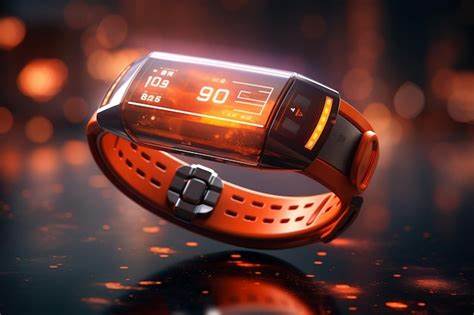
In the era of digital transformation, smart health gadgets are revolutionizing personal healthcare by enabling individuals to monitor and manage their well-being from the comfort of their homes.
These devices, powered by advanced sensors, wireless connectivity, and data analytics, provide real-time insights into vital health metrics, bridging the gap between traditional healthcare and personal health management.
Among the most impactful smart gadgets are blood pressure monitors like the Omron Evolv and QardioArm. These devices allow users to regularly track their blood pressure and heart rate, sending alerts in case of abnormal readings.
By offering early detection of cardiovascular issues, they empower individuals to take proactive measures before problems escalate.
Fitness trackers, such as the Fitbit Inspire and Xiaomi Mi Band 4, have gained widespread popularity due to their ability to monitor steps, sleep patterns, and heart rate variability. By analyzing these data points, users can make informed adjustments to their exercise and sleep routines, improving overall fitness levels.

Smart scales, like the Withings Body+ and Garmin Index S2, go beyond mere weight measurement by providing insights into body fat percentage, muscle mass, and BMI. These features enable users to track body composition changes over time, helping them fine-tune their dietary and fitness goals.
For individuals with respiratory or cardiovascular concerns, oximeters such as the Nonin Onyx II and heart rate monitors like the Mio Slice offer crucial real-time monitoring. These devices can detect fluctuations in oxygen saturation and heart rate, alerting users to potential health risks that may require immediate medical attention.
Smart thermometers, including the Kinsa QuickCare and Braun Thermoscan 7, are essential tools for monitoring fevers, particularly in children. Integrated with mobile apps, these thermometers help track symptoms and provide comprehensive health data for better illness management.
The benefits of these smart health gadgets extend beyond convenience. By enabling early detection of health issues, they facilitate timely medical interventions that could prevent serious conditions. Additionally, their personalized insights encourage users to maintain healthy habits, fostering accountability in their wellness journeys.
To maximize the effectiveness of these devices, users should set clear health goals, consistently track their data, and utilize integrated mobile apps for analysis. Consulting healthcare professionals with this data can further enhance treatment plans and overall health management.
As technology continues to evolve, the integration of artificial intelligence and electronic health records with smart health gadgets will further refine personalized healthcare, making remote monitoring even more efficient. In this fast-paced digital world, embracing these innovations is a step towards better health and well-being.















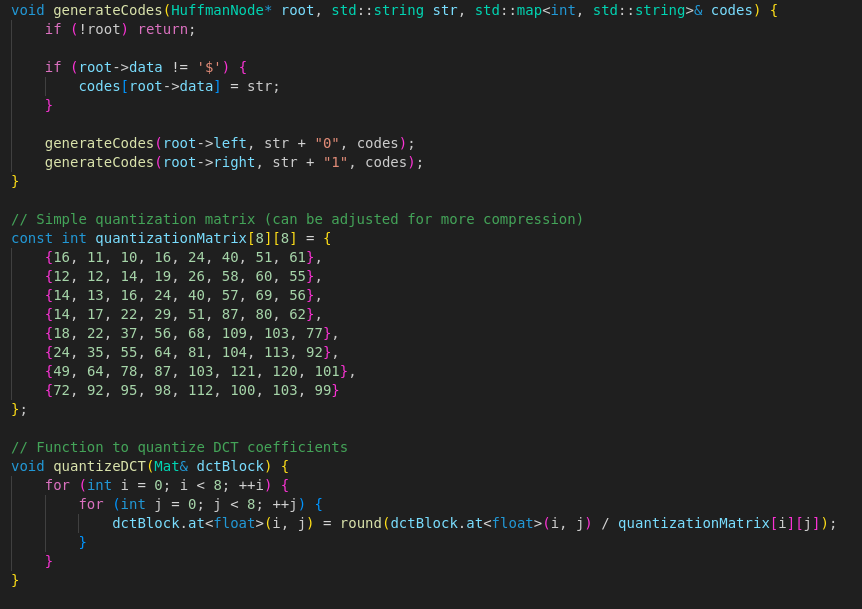
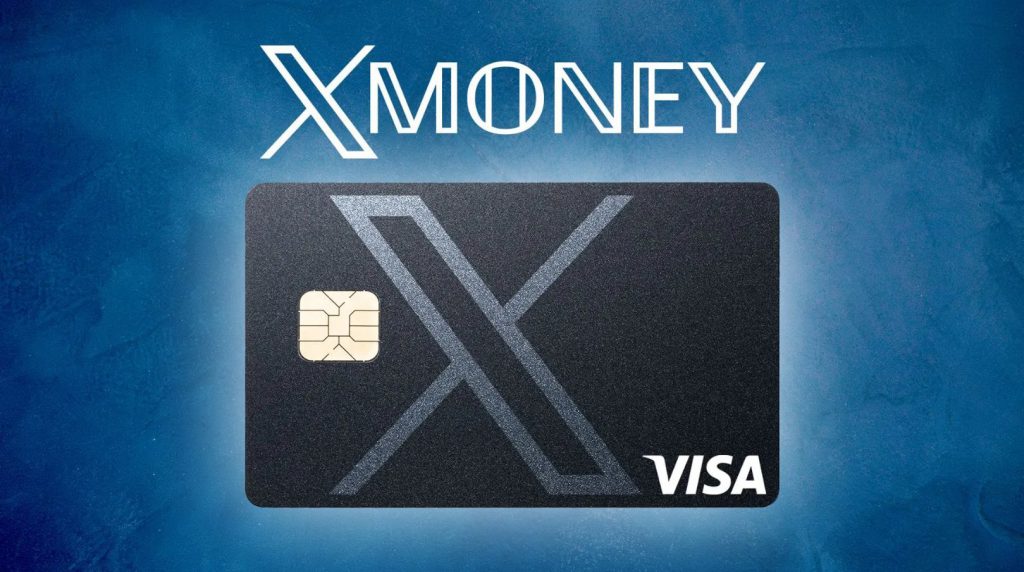
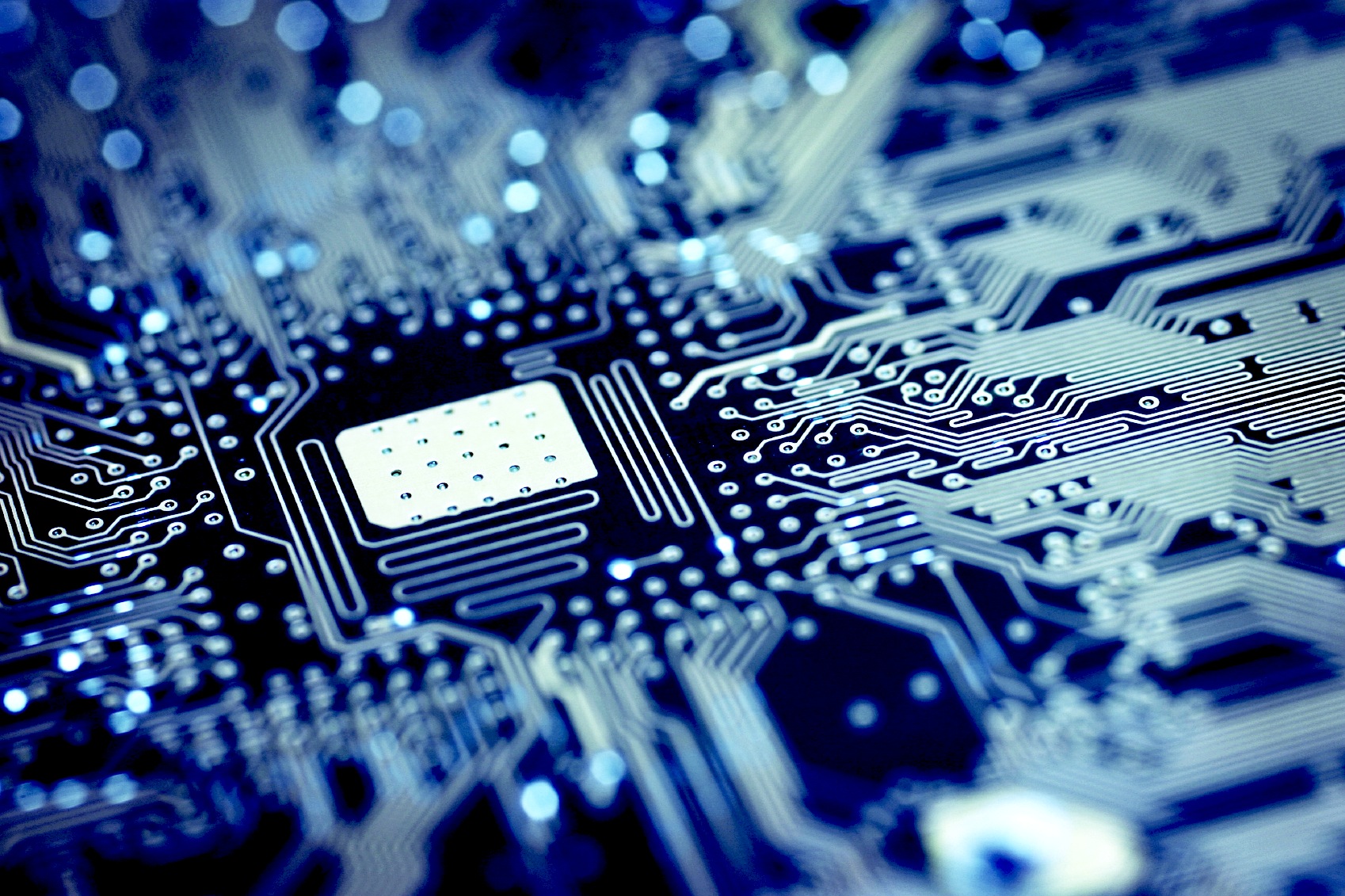


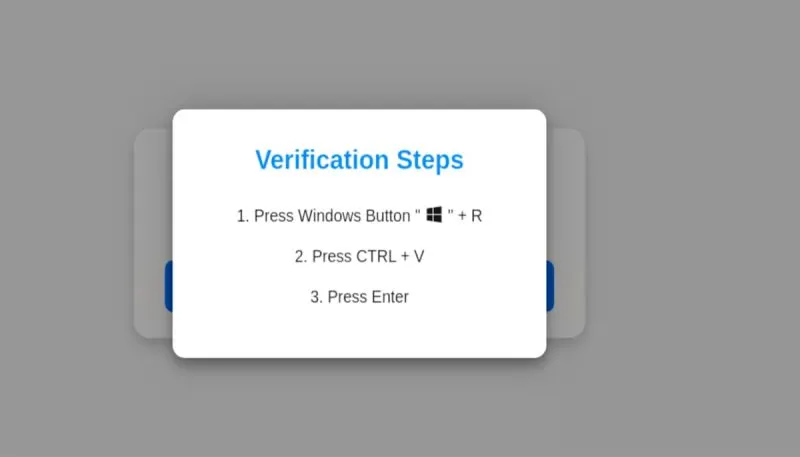
Comments